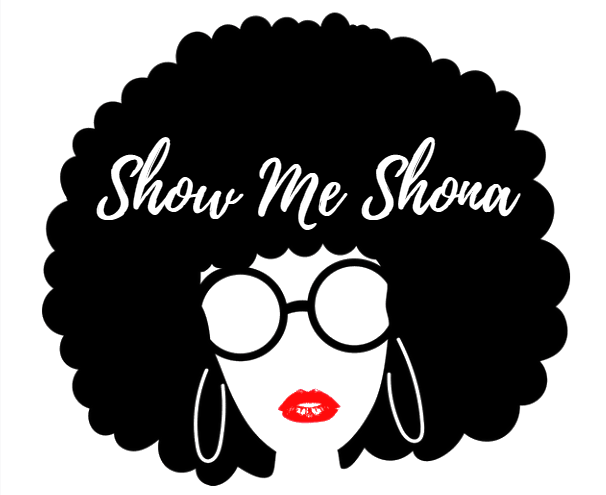Table of Contents
- Intro
- The Journey Of Black Women In Tech
- Breaking Barriers and Shaping The Future
- Challenges Ahead
- Conclusion
Introduction
Black women have long been underrepresented in the tech industry, facing numerous barriers and challenges. However, in recent years, there has been a significant rise in the number of black women who are breaking these barriers and shaping the future of technology. This article will explore the impressive achievements and contributions of black women in tech, highlighting their resilience and determination.
The Journey of Black Women in Tech
Black women have historically faced multiple obstacles in pursuing careers in the tech industry. These include systemic racism, gender discrimination, and limited access to resources and mentorship. However, despite these challenges, black women have continuously defied the odds and made significant strides in the field.
One example is Kimberly Bryant, the founder of Black Girls CODE, a non-profit organization dedicated to providing opportunities for young black girls to explore computer programming and technology. Through her organization, Bryant has empowered thousands of young black girls to pursue careers in tech and has helped bridge the racial and gender gap in the industry.
Another influential figure is Dr. Ayanna Howard, a renowned roboticist and the first black woman to earn a Ph.D. in Electrical Engineering from the University of Southern California. Dr. Howard is a strong advocate for diversity and inclusion in the tech industry and has worked on groundbreaking projects, including NASA’s Mars Rover and assistive robotic technologies for children with disabilities.
Breaking Barriers and Shaping the Future
Black women in tech are not only breaking barriers but also shaping the future of the industry. Their unique perspectives and experiences bring fresh ideas and innovative solutions to the table.
Take, for example, the success story of Lisa Gelobter, a trailblazing black woman in the tech industry. Gelobter played a crucial role in the development of Shockwave, a technology that revolutionized web multimedia. She also co-founded the multimedia platform Hulu, which transformed the way we consume video content online. Gelobter’s achievements demonstrate the invaluable contributions of black women in shaping the technological landscape.
Furthermore, black women in tech are increasingly occupying leadership positions and making a significant impact. Ursula Burns, the former CEO of Xerox, is a prime example. Burns, the first black woman to lead a Fortune 500 company, spearheaded the company’s transformation and played a pivotal role in its success. Her leadership and vision have paved the way for other black women to thrive in the tech industry.
Challenges Ahead
Despite the remarkable progress made by black women in tech, many challenges still persist. The tech industry continues to struggle with diversity and inclusion, and black women remain underrepresented in leadership roles and decision-making positions.
Additionally, unconscious bias and discriminatory practices continue to hinder the advancement of black women in the tech industry. These barriers must be addressed and dismantled to ensure equal opportunities for all.
Conclusion
The rise of black women in tech is a testament to their resilience, talent, and determination. Through their groundbreaking achievements and contributions, they are breaking barriers and shaping the future of the tech industry. However, there is still much work to be done to ensure equal representation and opportunities for black women in this field. It is crucial that the industry continues to address the barriers and biases that black women face, fostering a more inclusive and diverse tech community.
